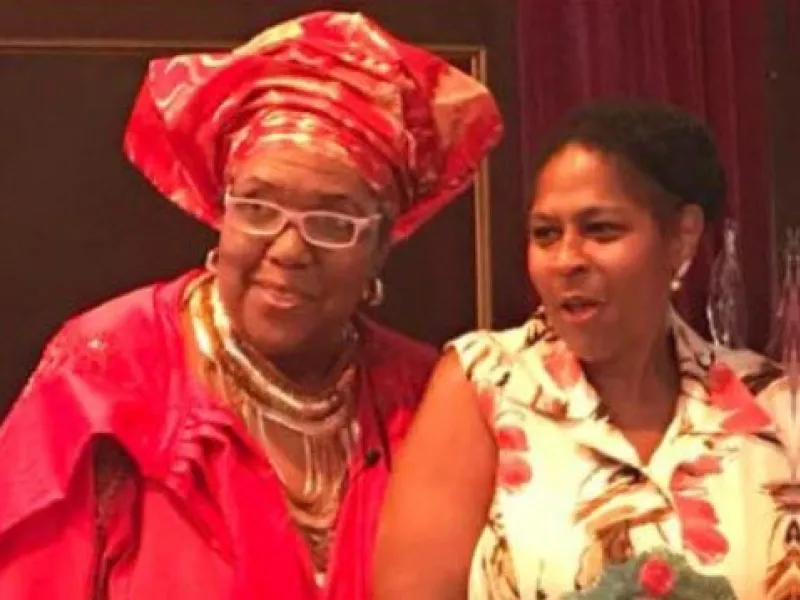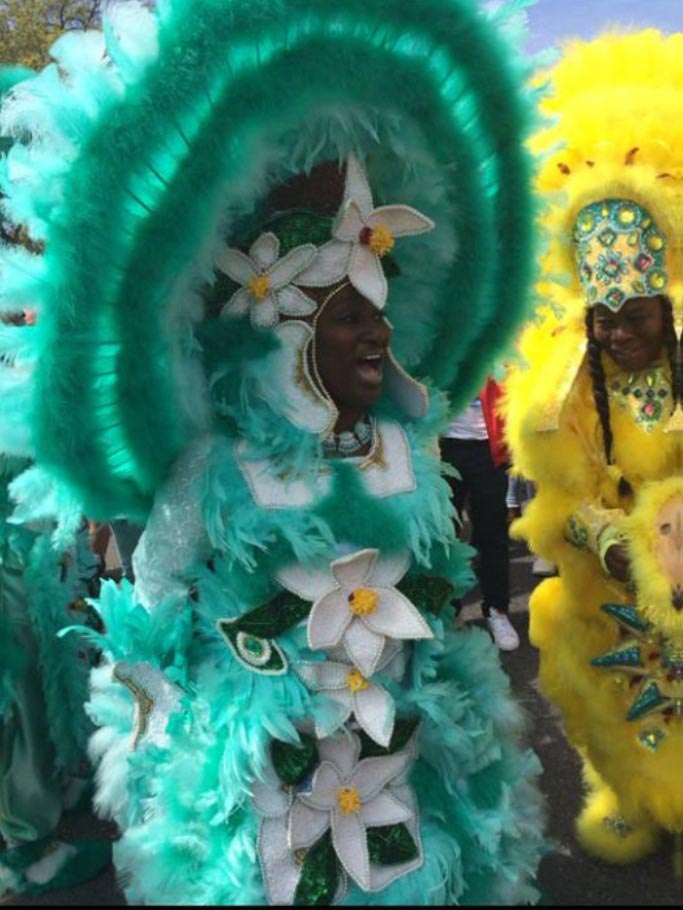
Biography
Karen Celestan is executive writer-editor in University Advancement and an adjunct professor of English at Texas Southern University. She is the author of Freedom’s Dance: Social, Aid and Pleasure Clubs in New Orleans (LSU Press, 2018) and co-author of unfinished blues: Memories of a New Orleans Music Man with Harold Battiste, Jr. (Historic New Orleans Collection, 2010). Celestan managed the Music Rising at Tulane program and was an English instructor at Southern University at New Orleans. She was senior director of university communications for Dillard University, and publications and media coordinator for Festival Productions, Inc. of New Orleans. She holds a B.A. in Communications from University of New Orleans and an M.F.A. in Creative Writing from Queens University of Charlotte.
Research
This book project will provide a history of Mardi Gras Indian Queens, an African-retentive culture that was borne out of slavery and communal rebellion. The stories and photos of Queens, from eight to eighty, will be an overview from a womynist perspective of African-American life in New Orleans from the 1800s to the present. The book will detail how womyn battled subjugation and dehumanization to re-define 'pretty' on their own terms and maintain a singular social form.
So, So Pretty will feature narrative, interviews and photographs of Queens by fair-use photographers and extensive research about the Queens within the Mardi Gras Indian culture. The project will detail a distinctive African and Native American cultural tradition and contribute to a paradigm shift on beauty in America. Mardi Gras Indian Queens have remained true to a majestic, vibrant culture – supporting tribes, families and careers. The year-long creation of a ‘suit’ and the revelation of the finished design – visual and performance art – is ceremonial attire as part of a spiritual experience to pay tribute to ancestors and personify the collective memory of Africa. Every bead, crystal and feather is sewn by hand with sacred significance in the artistic, womynist tradition of ‘masking Indian.’

Photo courtesy of Ausettua Amor Amenkum


